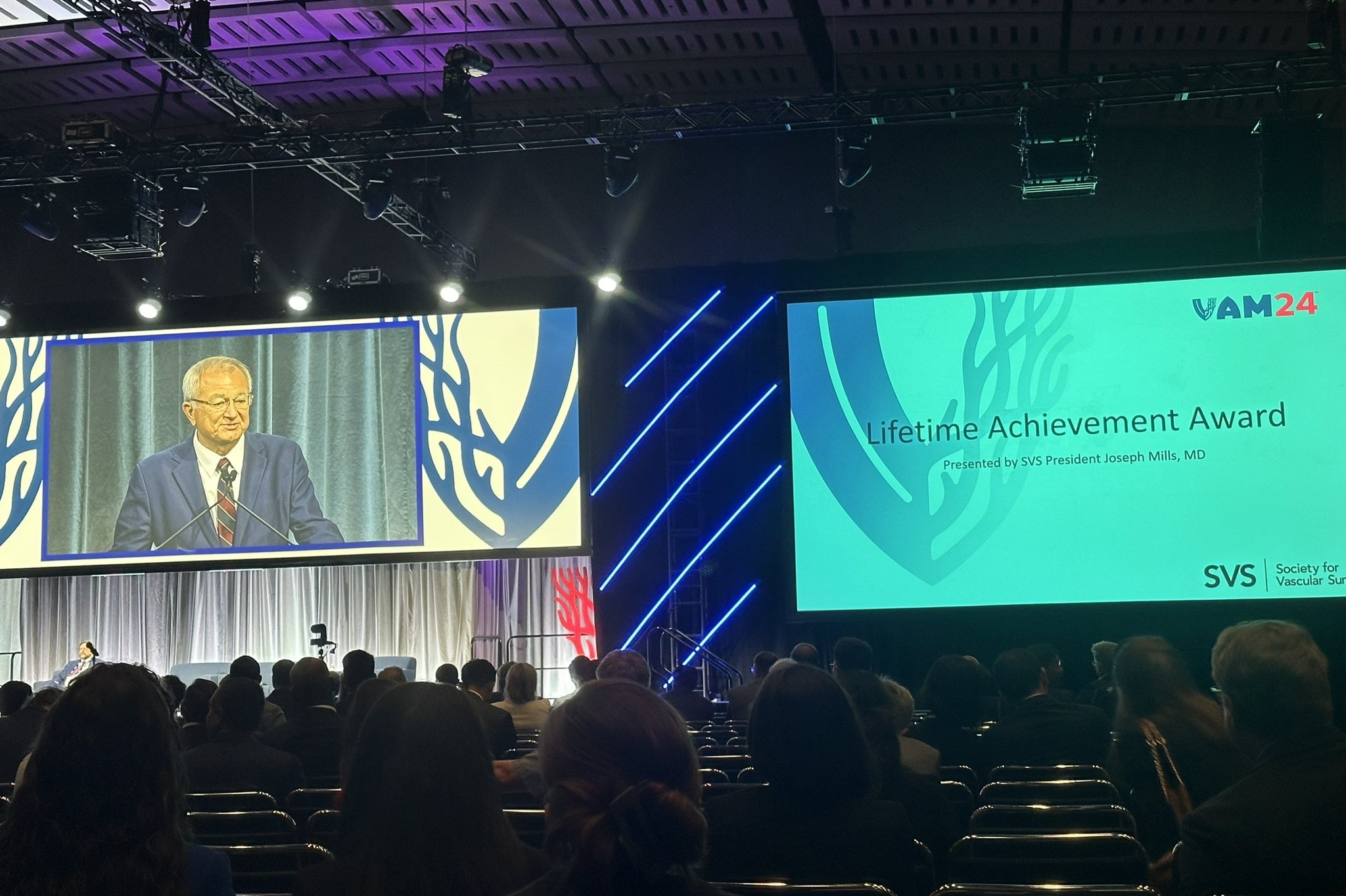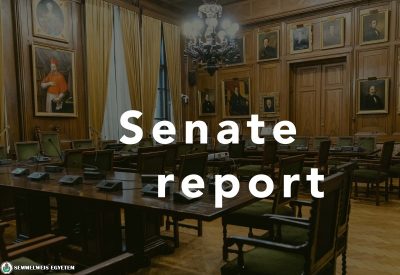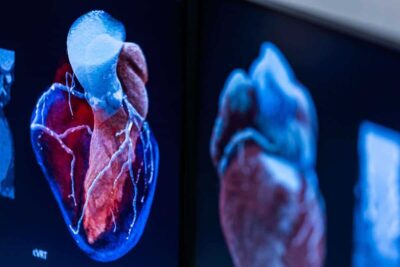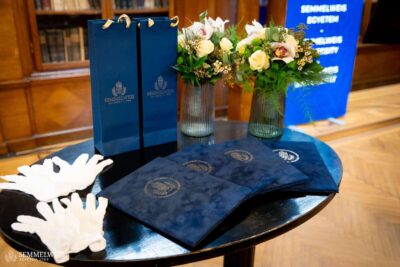Founded in 1946, the Society for Vascular Surgery (SVS) bestows its Lifetime Achievement Award on one of its more than 6,000 members, who, besides actively pursuing the profession, has made significant contributions not only to the SVS and other vascular societies but also to vascular education, as well as the clinical and scientific research of vascular surgery.
The award of the Society for Vascular Surgery, the world’s leading scientific society in its field, is one of, if not the highest recognitions one can receive as a vascular surgeon,
commented Dr. Péter Gloviczki, who started his career as a vascular surgeon at the Heart and Vascular Center in Városmajor, on receiving the honor.
“I’m a kid from Nyíregyháza,” he said of the journey that has taken him from northeastern Hungary overseas, not only to the position of Roberts Professor and Chair of the Division of Vascular and Endovascular Surgery at the Mayo Clinic, but also to the presidency of the Society for Vascular Surgery. “This is particularly interesting because the author of the first American textbook on vascular surgery, one of the founders and the 7th president of SVS, Geza de Takats, was also a Hungarian vascular surgeon, and so was the 37th president, the Transylvanian-born D. Emerick Szilagyi, founding editor-in-chief of the society’s journal. As the 67th president, I was pleased to continue this tradition within the society. So, the 97th president has to be Hungarian too,” he joked.
Following his term as president, Professor Péter Gloviczki served as editor-in-chief of the society’s Journal of Vascular Surgery (JVS) for six years, during which time JVS companion journals, JVS: Venous and Lymphatic Disorders and JVS: Cases, Innovations and Techniques, were supplemented with JVS: Vascular Science. This period also witnessed the introduction of the journal’s internship program and Audible Bleeding podcast, its diversification and initiatives in social media, and the promotion of its online presence.
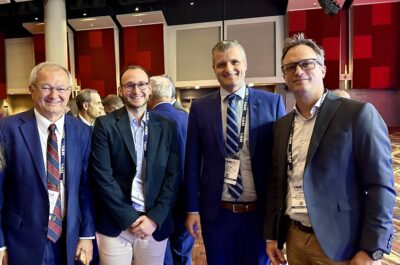 Although he has retired from clinical practice in the United States, he continues to work in the same spirit, with the fifth edition of his bible Handbook of Venous and Lymphatic Disorders published just last week. One of his biggest goals is to contribute to improving Hungarian healthcare, and in particular to promoting the international reputation of Semmelweis University, for which he received an honorary doctorate in 2014 and the Semmelweis Budapest Award as the university’s highest honor in 2021. Thanks to his intervention, several Hungarian colleagues have had the chance to visit the Mayo Clinic, and in 2025 he plans to convene the second edition of the Semmelweis International Vascular Symposium.
Although he has retired from clinical practice in the United States, he continues to work in the same spirit, with the fifth edition of his bible Handbook of Venous and Lymphatic Disorders published just last week. One of his biggest goals is to contribute to improving Hungarian healthcare, and in particular to promoting the international reputation of Semmelweis University, for which he received an honorary doctorate in 2014 and the Semmelweis Budapest Award as the university’s highest honor in 2021. Thanks to his intervention, several Hungarian colleagues have had the chance to visit the Mayo Clinic, and in 2025 he plans to convene the second edition of the Semmelweis International Vascular Symposium.
“It is always a great pleasure to come home, this time, for example, on the occasion of the university foundation’s board of trustees meeting, which I am a member of, but I will also be attending the graduation ceremony and the Semmelweis Day commemoration this week.”
I definitely identify myself as a Semmelweis alumnus, I gained a lot from my former professors, especially from Lajos Soltész at the Heart and Vascular Center in Városmajor, who was the founder of vascular surgery in Hungary.
Judit Szabados-Dőtsch
Image credit: Society for Vascular Surgery, Péter Gloviczki
